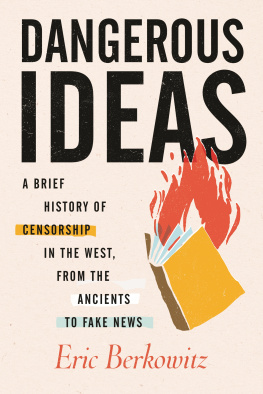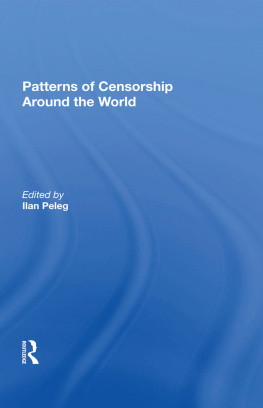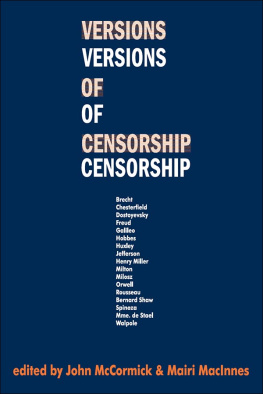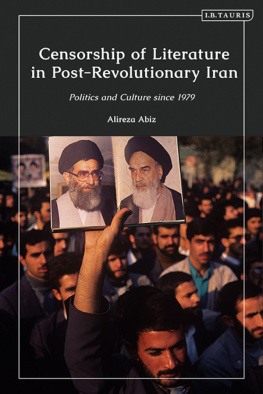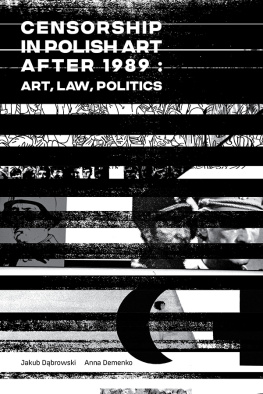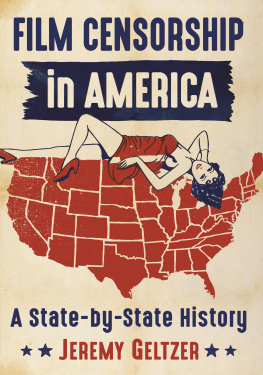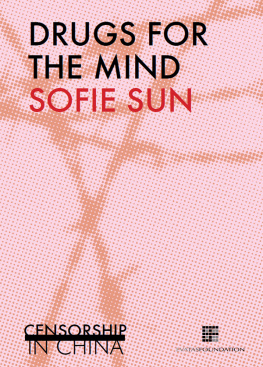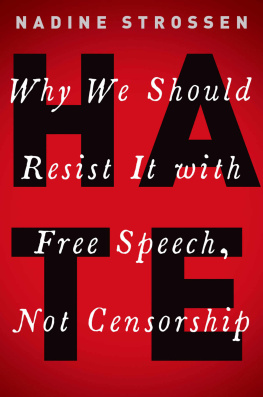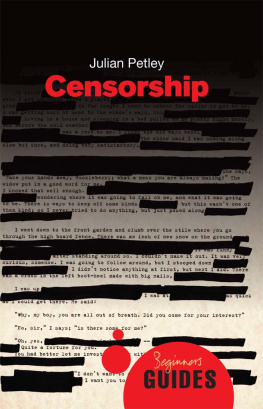Contents
Guide
Pagebreaks of the print version

For Jennifer
INTRODUCTION
During the Chinese fever dream known as the Cultural Revolution (196676), Mao Zedongs Red Guards marauded through the country destroying the Four Olds: old ideas, old culture, old customs, and old habits. Central to that campaign was the annihilation of ancient religion, leading to the destruction of millions of books, images, and objects related to Confucius and Tibetan Buddhism. Scholars of the ancient philosopher were deemed reactionary and tortured, as Confucian texts and statues were extirpated. Buddhist monks were forced to trample their books and use what remained as toilet paper, and Tibets holiest temple was repurposed as a place to keep and slaughter pigs.
Yet even as Mao eliminated Chinas backward elements to make himself the beginning, middle, and end of Chinese thought, he publicly aligned himself with the First EmperorQin Shi Huang (25910 BCE), who also burned books and used violence to unify the regions seven major states and create the centralized kingdom that became China. Despite his considerable achievements, the First Emperor was disliked, to say the least. As long as peoples thoughts remained out of his control, he knew his power was not entirely secure. As he traveled the empire, he seethed upon hearing of Confucian and other scholars who compared his regime unfavorably to the golden ages of the past. He decided to immolate that past.
The events referred to as The Burning of the Books and the Burying of the Philosophers took place in 21312 BCE, when countless poetry, history, and philosophy texts (mostly silk rolls and bamboo and wooden tablets) were destroyed, particularly Confucian texts and those of the so-called Hundred Schools of Thought. Most private book ownership became forbidden. Qin kept copies of the books he burned, but those who knew the texts best were not spared: hundreds of scholars were buried alive. From that point forward, anyone who criticized Qins regime with examples from the pastor even discussed the ideas in the banned bookswas executed along with their relatives.
Like most political censorship throughout history, observes the scholar Lois Mai Chan, Qins book burning proved to be, rather than a condemnation, a recognition of the power of knowledge. As the twentieth-century Chinese writer Lu Xun observed:
The statesman hates the writer because the writer sows the seeds of dissent. What the statesman dreams of is to be able to prevent people from thinking; and thus he always accuses the artists and writers of upsetting his orderly state.
Soon enough, however, Qins paranoia brought him to the same end that he had meted out to his critics. As assassination attempts increased in frequency, he spent his days in tunnels with a sword on his lap and became consumed with forestalling death. Just three years after he burned the books, according to legend, he drank what he hoped was an elixir of immortality and died. He was buried with a massive terracotta army to protect him in the afterlife, but the Qin dynastyfrom which China derives its namefell into chaos and collapsed.
Mao found much in Qin to emulate, except the First Emperor had not gone far enough. In 1958, nine years before the Cultural Revolution began, Mao bragged in a speech:
[Qin] buried 460 scholars alivewe have buried 46,000 scholars alive. You [intellectuals] revile us for being Qin Shihuangs. You are wrong. We have surpassed Qin Shihuang a hundredfold.
When Mao died in 1976, it was said that the glow of his thought would shine into future generations. Yet despite the crowds who visit his mausoleum and the presence of his image on Chinese currency, Maoism is as vital today as Qins clay soldiers.
Apart from Pol Pots Cambodia, where the ability to read could be a capital offense, no modern society has so pillaged its own culture and history as China during the Cultural Revolution. But while the scale of the devastation was unique, the impulse behind it was not. When a regimes power rests on force rather than consent, its legitimacy requires constant manhandling of the pastin effect, making history an instrument of ideology and power. In China, as in the totalitarian superstate described in George Orwells Nineteen Eighty-Four, history was a palimpsest, to be scraped clean and re-inscribed as often as necessary.
History has always been a form of practical literature, useful for sanctifying institutions and providing people with a sense of destiny. But for authoritarians, history is a matter of urgent necessity: to make their presence appear inevitable and welcome, to legitimate their actions, and to undermine their adversaries. Warring authorities, explains the historian J. H. Plumb, mean warring pasts.
It has been said that any old man who dies is a burning library. Indeed, one of the more odious forms of censorship is the destruction of the people and texts that give a culture cohesion and collective memory. However, the past can also be forcibly curated in the service of truth, as attested by multiple laws across the West criminalizing Holocaust denial. These rules are meant (among other things) to quell the vicious claim that Jews use a genocide myth to extort money from Christian nations. By guarding the factuality of the Holocaust, lawmakers hope to prevent a hideous form of hate speech and the violent extremism that is nourished by it. What could be wrong with that? Quite a bit, it turns out, because even such well-intentioned censorship is not readily squared with a commitment to freedom of speech and inquiry, at least not in the context of American and Canadian law.
In 1985, one Ernst Zndel was put on trial in Canada for publishing a pamphlet called Did Six Million Really Die?, which claimed the Holocaust was a Zionist hoax. Canada didnt have a specific Holocaust-denial law, and he was charged under a statute criminalizing the publication of false news causing injury or mischief to the public interest. Zndel arrived at the courthouse each day wearing a hard hat emblazoned with the words freedom of speech. Not wanting to shortcut the prosecutions duty to prove guilt, the court required the state to demonstrate that the Holocaust had in fact occurred, and allowed rebuttal evidence that it had not: exactly what Zndel hoped for. During the lengthy, circus-like trial, he and his experts spewed the same calumnies that were in the pamphlet, but on a bigger, more legitimate platform than he had ever enjoyed. Newspapers featured headlines such as Women Dined and Danced at Auschwitz, Expert Witness Says. Zndel was found guilty, but the conviction was thrown out on appealin part, because a documentary film used as evidence of the death camps reality was rejected as hearsay.
Zndel was tried and convicted again in 1988. But this time he won a much bigger victory on appeal. The Supreme Court of Canada held that the law against spreading false news unconstitutionally abridged speech. The laws vague prohibitions could have totalitarian effects, the court held, because it allowed convictions for virtually any statement which does not accord with currently accepted truths, and could be used to permit the prosecution of unpopular ideas. To freeze history into one acceptable narrative, the court reasoned, would repeat the errors of the Nazi and Communist regimes, as well as the racist slanders regarding Native Canadians and African Americans that were once taught as fact. In its attempt to protect truth, the Canadian legal system had, in the end, protected the free-speech right of Zndel to spread falsehoods. Zndels troubles were far from overhe was later deported from Canada and imprisoned in Germany for inciting hatredbut the longstanding tension remained between the ideals of free speech and the urge to prevent the harms that words can cause.

